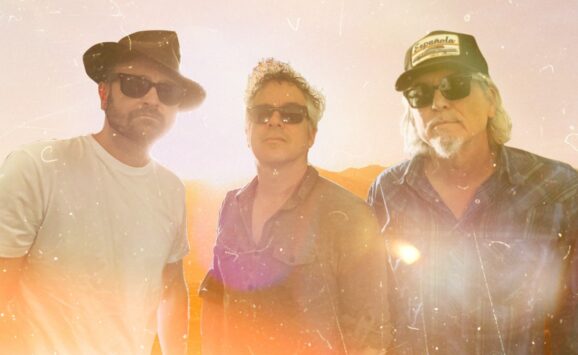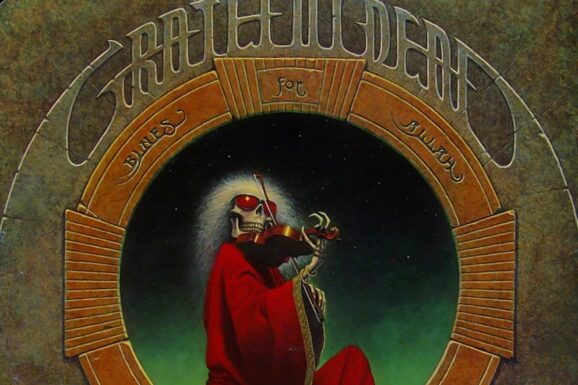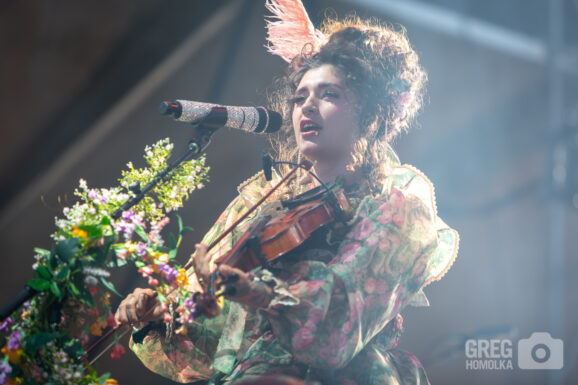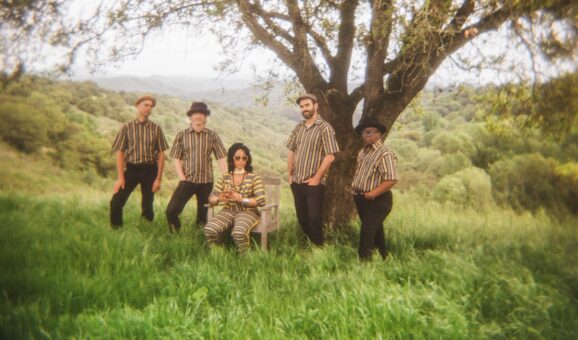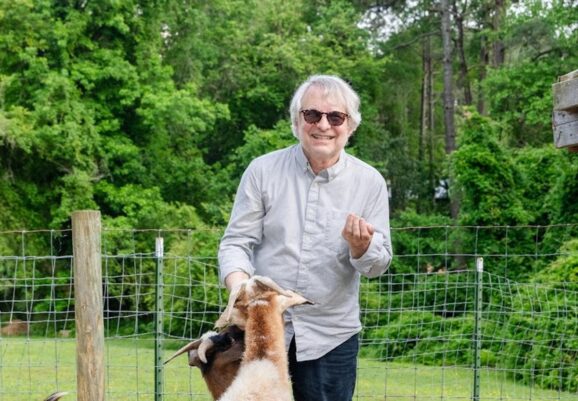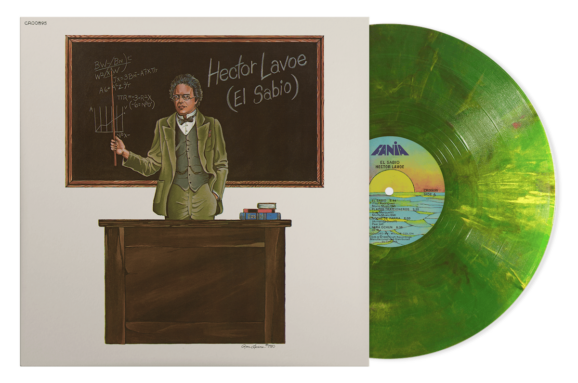Shortly after the release of their eponymous album in September of 1970, Johnny Winter continued a relentless touring schedule through the fall of that year. Having taken just a single day to record in a New York studio the previous May, the foursome in the full frenzy of a show presented a stark contrast to the ghostly image of the albino bluesman and his trio the previous summer at Woodstock.
However, it wasn’t quite so marked a departure from his blues roots as it seemed at the time nearly a half-century ago. Second Winter, released the previous fall, found the native Texan moving beyond the roots and influences so prevalent on 1968’s The Progressive Blues Experiment and his much-ballyhooed eponymous album for Columbia Records the next year’s (a signing bonus for which, signaling sellout, may have nurtured some of lukewarm reviews of that LP).
In keeping with a new-found emphasis on hard rock first evident on the previous fall’s three-sided(!) vinyl release, Johnny, Rick Derringer, Randy Jo Hobbs, and Randy Zehringer fairly exploded onto the stage of this venerable venue and upped the ante from that point on. There was virtually no between-song repartee, just the sound of the bandleader’s yawping or his second guitarist/ex-McCoy’s wailing in response.
If they intended to stir the crowd into a frenzy, Johnny Winter And had all the ammunition they needed, but certainly didn’t have far to go. Early in a new college semester in the Queen City in October 1970, the attendees were more than a little inclined to rip it up themselves. But familiar rock and roll material only further stoked the already fiery atmosphere inside the aged (now defunct) building on Burlington’s Main Street.
Jerry Lee Lewis’ “Great Balls of Fire,” Little Richard’s “Long Tall Sally” and Chuck Berry’s “Johnny B. Goode,” all came fast and furious from the two guitars slashing away above a gigantic pulsing and pounding reverberating from the bass and drums.
That’s not to say that the Texan and his young cohorts eschewed the frontman’s roots by any means, but only that tunes like “Good Morning, School Girl” and “It’s My Own Fault” were somewhat subordinate, inserted as pacing for this concert rather than setting its overall tone.
Still, those selections were as white-hot in their own way as the rendition of the Rolling Stones’ “Jumpin’ Jack Flash.” Except for the original “Guess I’ll Go Away”–a live version of which appears on a 2018 expanded remaster of this LP along with what would become Derringer’s signature song “Rock and Roll, Hoochie Koo”–the quartet largely eschewed any material from the recently-released Columbia Records title. And wisely so as it turned out: any selection that didn’t fan the flames of intensity would’ve been an ill-advised choice, even if the frontman had wielded his hell-bent brand of ferocious slide guitar.
He did so with no little panache on “Mean Town Blues,” but apparently only as a means to whip up the audience even further before departing to howling acclamation from a crowd that may or may not have been satiated by what they had just seen and heard.
Proof positive of the aftereffects of that experience, rumors flew the next day about Johnny Winter prowling the dormitories of the University of Vermont campus. With fifty-plus years of retrospect, the mind boggles ever further at the thought the rowdy ensemble had the energy to burn even after all they had expended during their performance.




